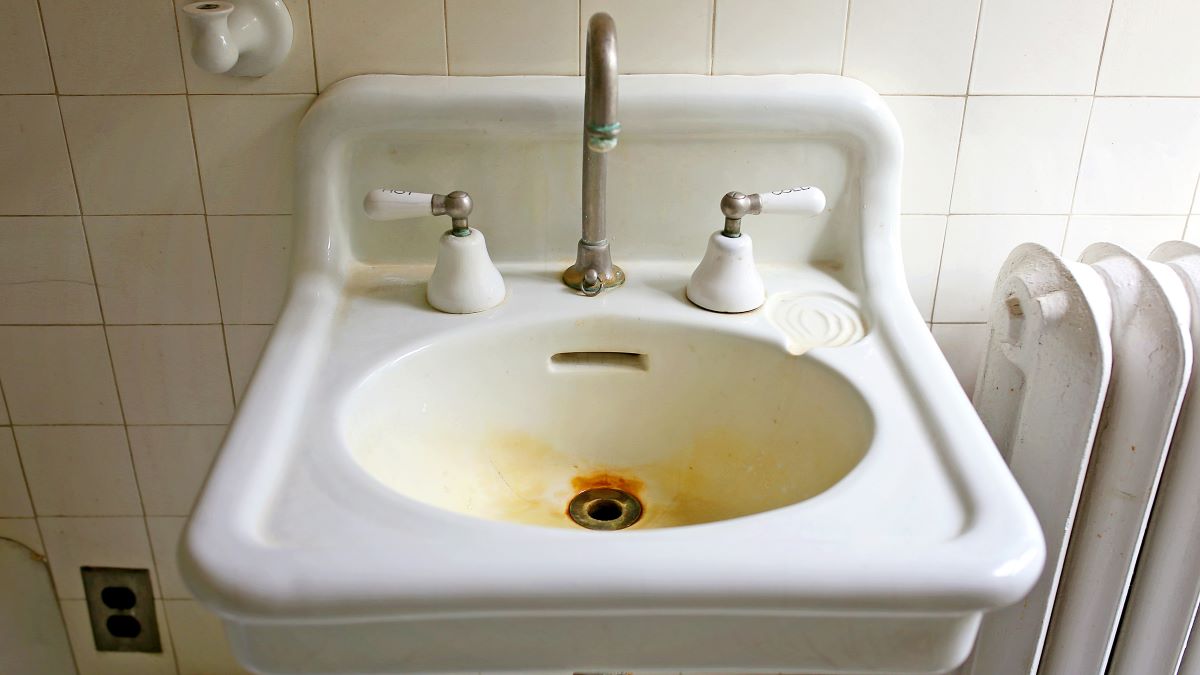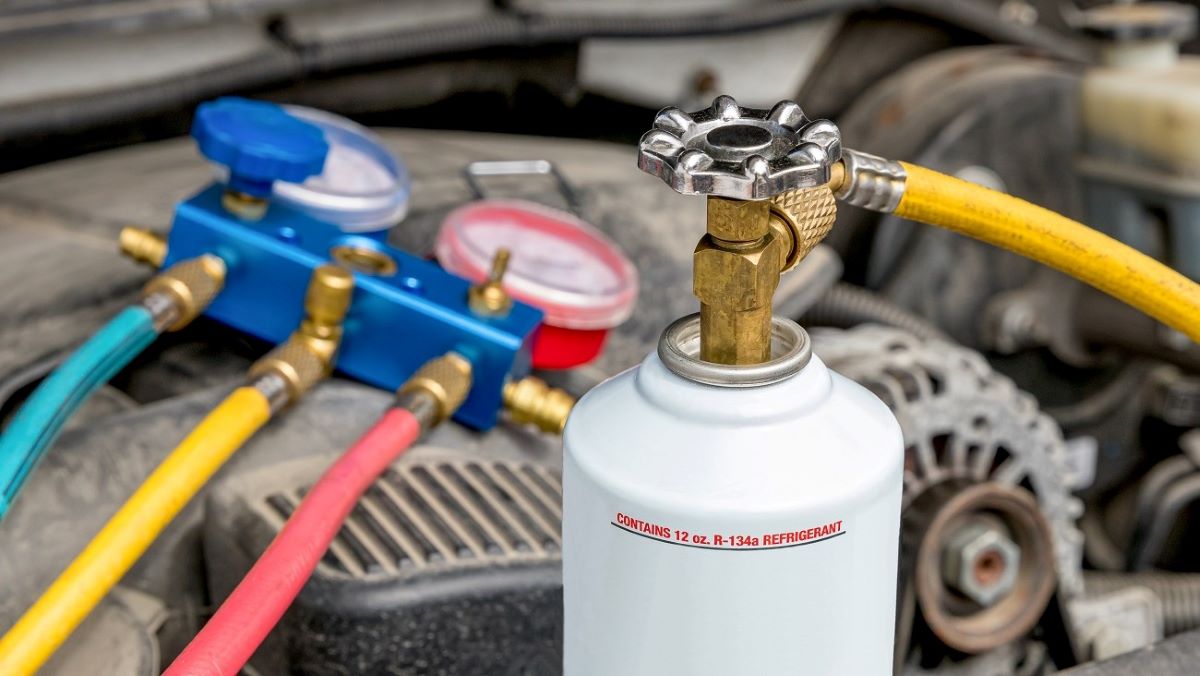Antifreeze: Wise car owners have some stored in the garage to keep their engines running properly in extreme cold (and hot) conditions. What if it’s been sitting there too long? Can you recycle leftover antifreeze?
The good news is that antifreeze is recyclable.
What Is Antifreeze?
Antifreeze is a water-based additive that lowers the freezing point of the water in your engine and prevents boiling in high temperatures. That’s why you may have also heard it called engine coolant, and why it’s important for your car year-round.

Manufacturers typically make antifreeze with either ethylene glycol or propylene glycol. The chemical base is significant because ethylene glycol is toxic if ingested and propylene glycol has been approved by the Food and Drug Administration for safe human consumption in low doses. If you have curious little ones in your house, you may want to purchase propylene glycol (often marketed as “nontoxic”) antifreeze, especially because antifreeze has a sweet taste that attracts kids and pets.
There are also numerous colors of antifreeze — and the color matters. The most common color is green, but when buying antifreeze, you want to make sure you buy the correct color. Mixing colors can cause engine damage. Luckily, the color has no effect on the recycling market; it’s a dye that’s used for branding.
If you have your car serviced professionally, the mechanic likely tops off your coolant every time you change your oil. But it’s also a good idea to have a bottle with you, especially on long road trips or heading into winter weather.
How Is Antifreeze Recycled?
First off, do you need to recycle your antifreeze at all? If unopened, it will last indefinitely, and even once opened it should last up to eight years. Plus, good car maintenance means always keeping your coolant full.
Believe it or not, some cities will allow you to recycle antifreeze at the curb. These options are rare, so check locally and determine storage requirements.
While many auto shops accept used motor oil (another recyclable car fluid), no national retail auto parts chains accept antifreeze at every store. Check the Earth911 database for local recycling options. If you need to dispose of antifreeze (new or used), take it to your local household hazardous waste (HHW) program. A few important tips:
- If you work on your own car, don’t mix antifreeze with other automotive fluids like brake fluid or transmission fluid. Keep all liquids in separate containers.
- Especially on the West Coast, many communities operate antifreeze, batteries, oil, and paint (ABOP) collection facilities that are open more often than HHW programs. That’s because ABOP are recyclable materials, whereas other HHW items (for example, pesticides and cleaners) have to be incinerated.
- Many HHW locations operate swap shops where you can pick-up free products. This is a great way to get more antifreeze.
Most used antifreeze is recycled into new coolant by filtering out any metals or oil and adding new chemicals. So, you may be buying recycled antifreeze without even knowing it.
This article was originally published on December 19, 2018.
The post Recycling Mystery: Antifreeze appeared first on Earth 911.







